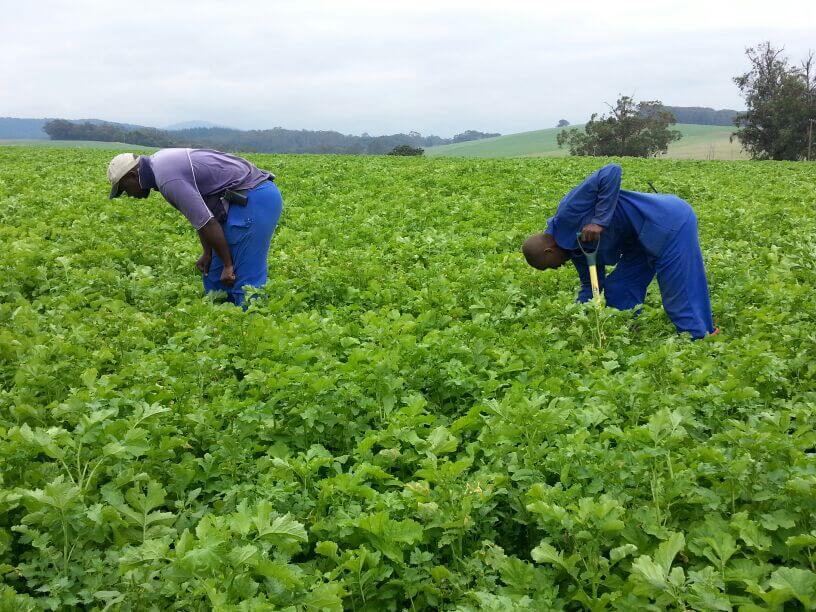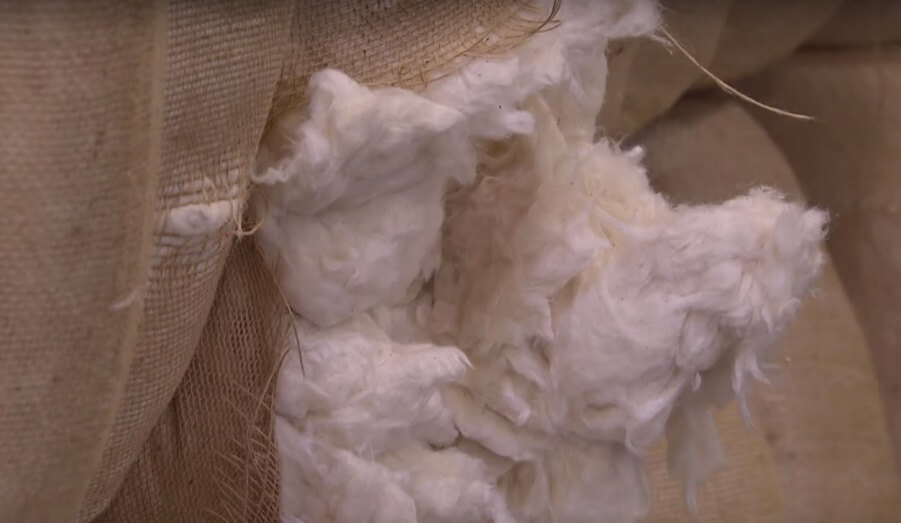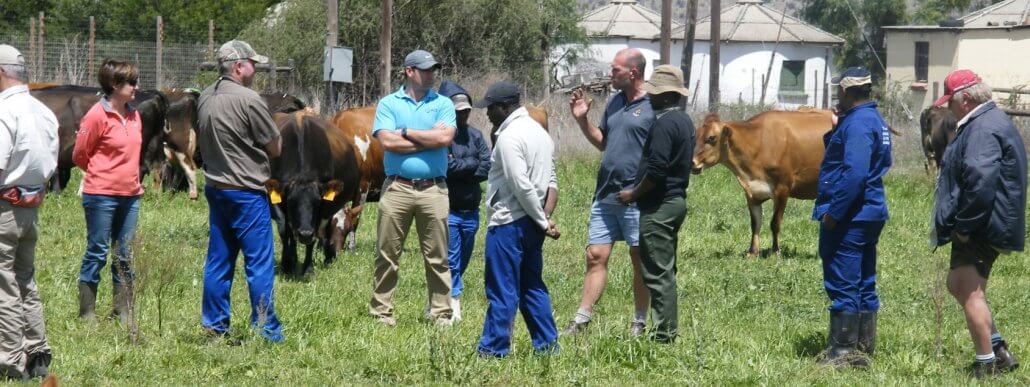This year has been an eventful one for the farming industry. The on-going drought, increased VAT, decrease in the number of farmers which has consequently led to the reduction of the workforce employed in the agriculture sector. South Africa’s agriculture sector used to contribute over 15% of the total employment 18 years ago1. Today, that percentage has dropped drastically to below 6%.
Even though employment within the agricultural sector has decreased, the need for food is increasing exponentially. Therefore, I felt I needed to highlight the importance of our farmers, especially in terms of the positive role agriculture plays in our country’s GDP. This article from farmers weekly explains how agriculture has taken the lead in GDP growth of South Africa.
There may be many similar blog posts out there, however, I believe there can never be too many posts thanking those who put food on our tables.
There is no time like the present when it comes to educating the public about agriculture and the role it plays in our lives. It cannot be overstated how crucial it is for more people to understand agriculture and not be influenced by common misconceptions, for example, that cows cause global warming. On the contrary, a recent blog post has suggested that cows might actually be the solution to global warming and that cows can be carbon neutral.
There is no doubt in my mind that the public needs to become more knowledgeable about agriculture, as well as more aware of just how much it impacts all our lives. Considering this, I have decided to discuss these 3 important reasons why we should be thankful to our farmers.
Granted, these are not the only reasons, in fact, some of you can come up with many more. However, the main purpose of this post is to educate those who may not be aware of just how much farmers do. It also is written to remind farmers that they truly are important for our well-being and continued existence.
1. Farmers Feed Us

I thought I should start off with the most obvious one. Without farmers, we would have no reason to go to the supermarket where we have access to a variety of foodstuff to choose from. We would have no food to feed our families. At all scales, starting from a smallholder to a commercial farmer, farmers play a significant role in feeding the world.
2. Farmers are caretakers of the soil

Farmers turn soil into food. Sustainable farmers make responsible use of our planet’s natural resources and utilize both ancient and very advanced technologies to achieve this. Sustainable farmers also invest in building healthy soil to grow healthy, nutritious food. They make sure that they do not mine the soil of its minerals, returning what is necessary to keep the soil in balance.
3. Farmers provide raw materials for most products we use in our daily lives

Cotton pulp used to make paper currency
The finished goods from the furniture, paper, pharmaceutical, textile, energy, health and beauty sectors all depend on agricultural raw materials. The list of industries dependent on farming is much longer than this. These were just from the top of my head. Imagine what would happen to these industries if the farming sector collapsed.
Farmers need not only to be thanked for the food they produce but also for the clothes we wear, and the furniture we use daily. Paper money is produced from cotton pulp which is grown on farms. Human society is completely reliant on agricultural produce.
Finally,
I think it is important for everyone to know where our food comes from and who grows it. Today we have forgotten the foundation that sustains our livelihood.
We are indirectly participating in exploiting our farmers whenever we choose to buy food produced in other countries rather than locally produced food or products. We are also participating in wasting the local food. We are encouraging imports of foreign foods into the country resulting in the wastage of locally produced food.
When we don’t buy locally produced food, we are also taking away farmer’s incomes which they would use to pay their employees, their farm debt and in maintaining their farm.
Considering the earlier mentioned industries that depend on the farming sector, you can start connecting the dots of which other sectors could get affected by the domino effect of a farm closing down.
Sources
- The management of soils with excessive sodium and magnesium levels - 2023-06-12
- Understanding evapotranspiration better - 2021-10-18
- Soil fungi connections - 2021-09-28

